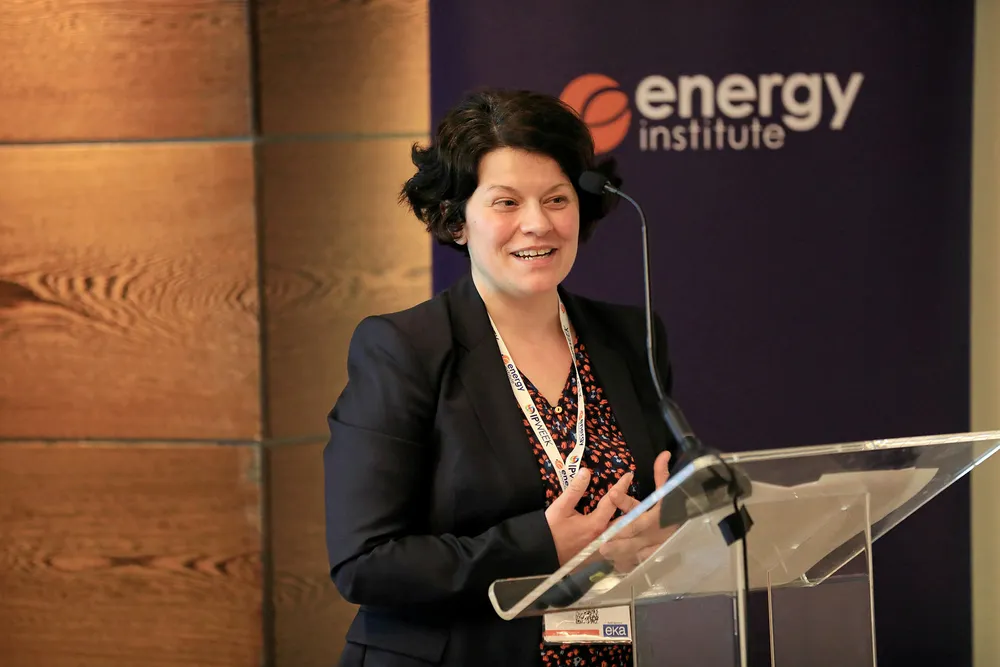Green activist chooses engagement over antagonism
Environmental Defense Fund’s Poppy Kalesi has an unusual home — and an unusual background for a climate advocate

Environmental Defense Fund’s Poppy Kalesi has an unusual home — and an unusual background for a climate advocate
